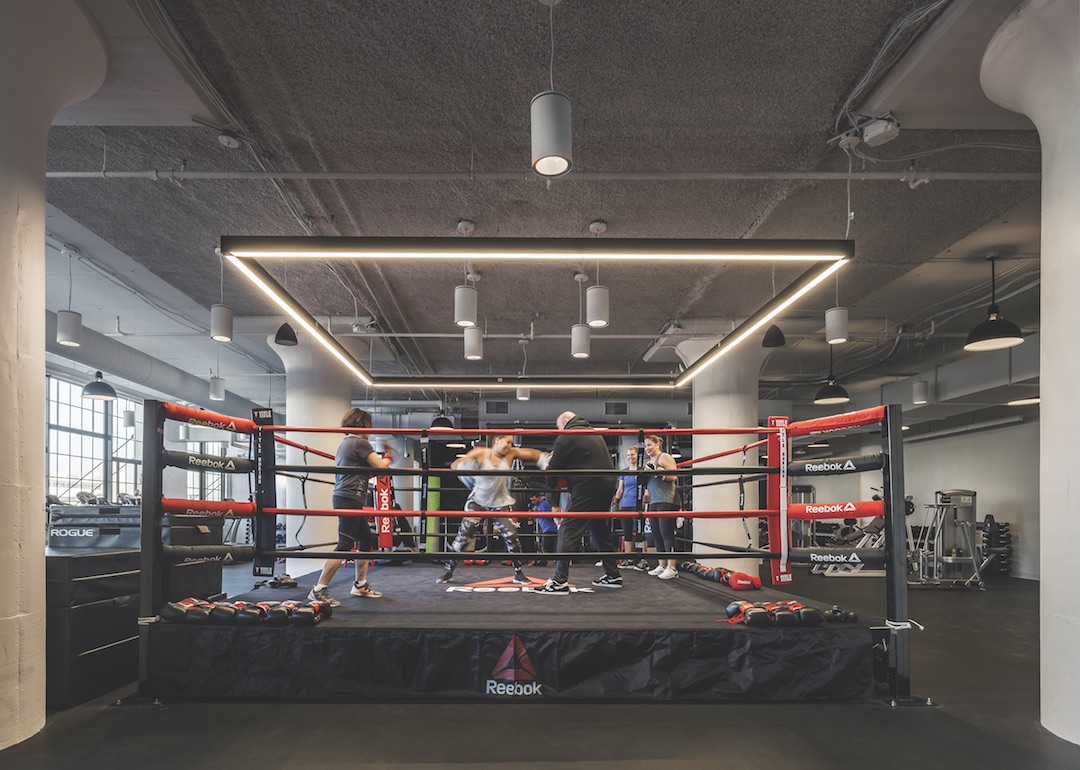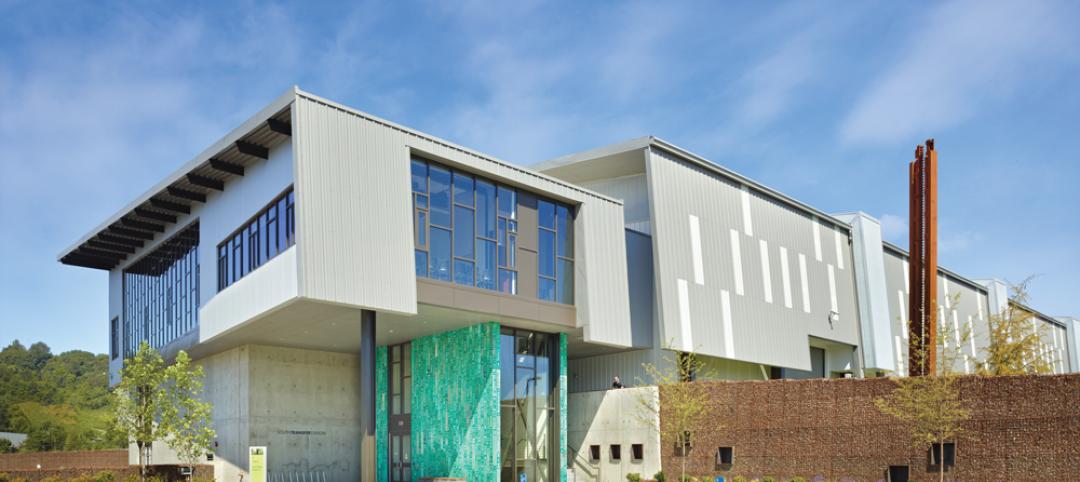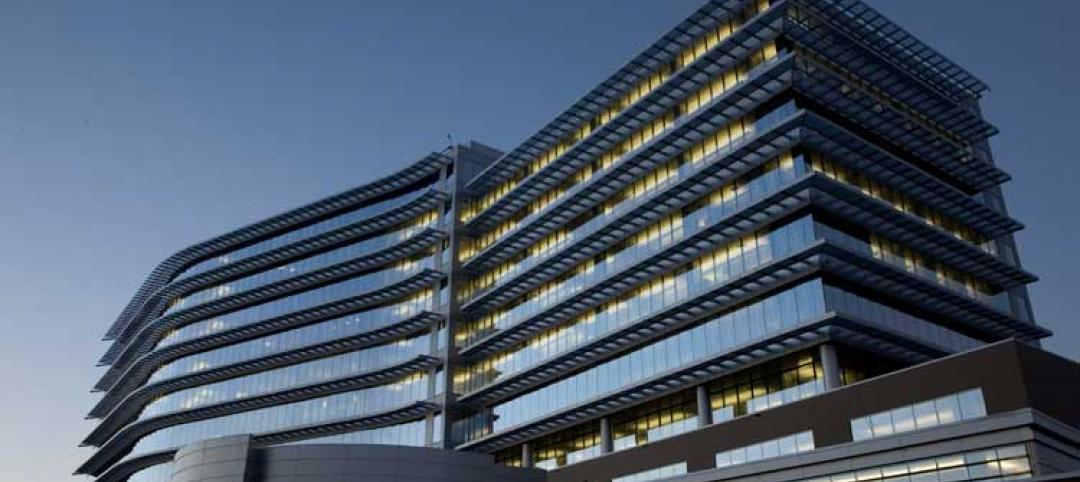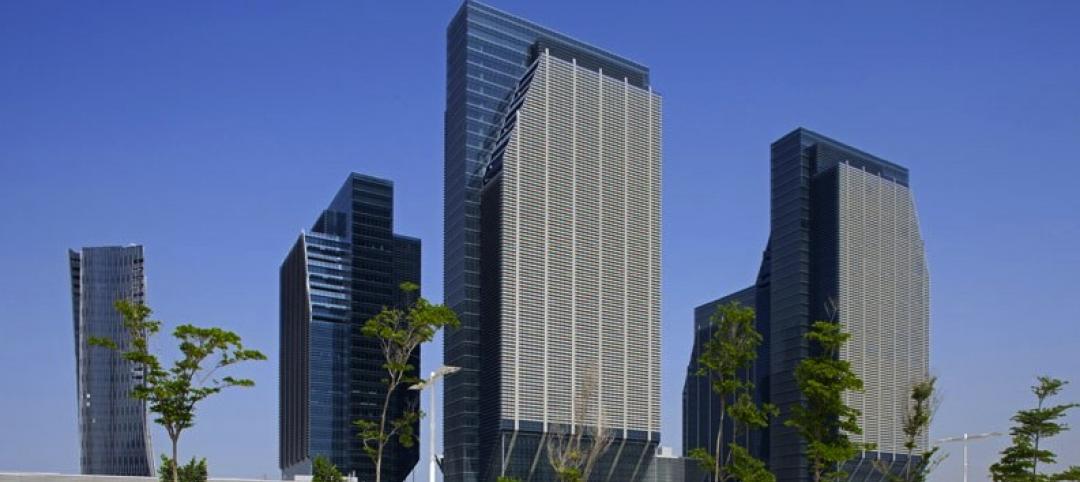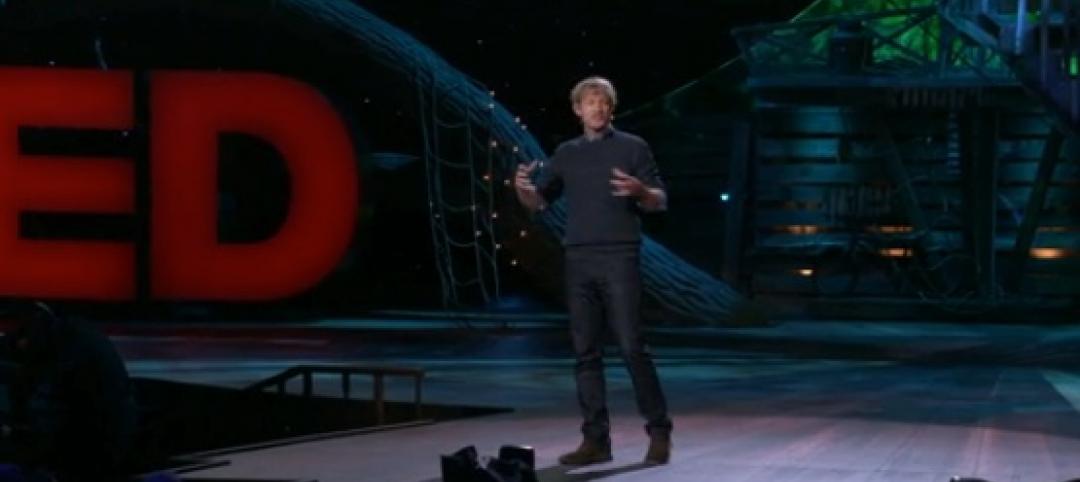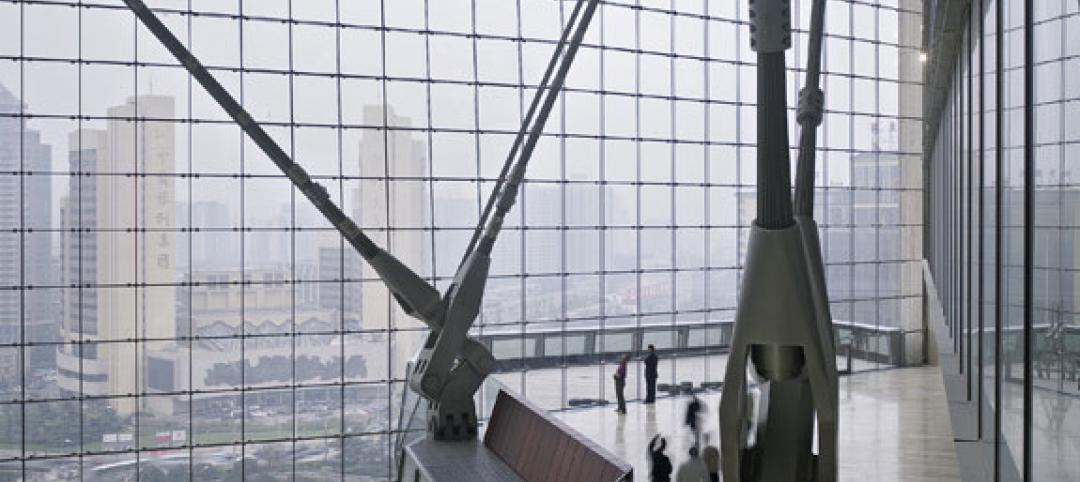Time Warner’s new 1.5-million-sf headquarters will bring together more than 5,000 employees representing five distinct media and entertainment brands: Time Warner, Warner Bros., Turner, CNN, and HBO. The joint workplace will be housed in the 30 Hudson Yards tower under construction on Manhattan’s West Side.
Time Warner believes the consolidated office will deliver bottom-line benefits—not just cost savings but also "a great space for our employees," says Joel Brenner, AIA, Vice President of Global Project Management.
Many companies recognize the value of creating a centralized work community. “We’ve seen several office consolidations and moves to take advantage of new technologies and having all employees under one roof,” says Dan Novack, Vice President, Business Acquisition, Balfour Beatty.
See also: Top 200 Office Architecture + AE Firms - 2018 Giants 300 rankings
See also: Top 90 Office Engineering + EA Firms - 2018 Giants 300 rankings
See also: Top 120 Office Construction + CM Firms - 2018 Giants 300 rankings
Fannie Mae, the federally owned mortgage loan company, is consolidating its Washington, D.C., headquarters from five locations to the new Midtown Center downtown. The new space, which has 80% fewer enclosed offices, could save taxpayers $300 million over the term of a 15-year lease.
Fannie Mae also plans to relocate workers from multiple locations across Northern Virginia to a single office at Reston Gateway, a two-tower, 1.1 million-sf office complex under development in Reston, Va. The project will have a 20-foot-high "super floor" that spans both buildings to provide a multi-functional amenities/community space, says Novack.
Because the current workforce is composed of four distinct generations—each with its unique needs, preferences, and values—office designers are building flexibility into the spaces they create.
“Millennials and Gen Y employees are digital natives who prefer a work environment where they can choose how, where, and with whom they work and collaborate,” says Stantec's Angie Lee, FAIA, IIDA, LEED AP, Senior Principal. “While individual space keeps getting smaller, a new menu of custom-designed spaces and activities is on the rise.”
To meet the varying preferences of a multi-generational workforce, designers recognize they must first understand the user experience (UX). “User profiling is becoming a top priority in workplace design,” says John Capobianco, Design Director and Principal, Interior Architects. The firm went through an extensive workplace strategy process, including visioning sessions and focus groups, for the design of a consulting firm’s new office—"both from a current employee perspective and a recruiting one,” says Capobianco.
Now that Millennials make up the largest group in the U.S. labor force, many of today’s office spaces reflect a blurring of the traditional distinctions between the work and non-work.
“Because work, live, and play are no longer considered
distinct activities, companies need to design their space to support every activity, including socializing, learning, and community building,” says Andy Cohen, FAIA, IIDA, Co-CEO of Gensler. “This affects everything from how we think about work and co-working to mobility and buying trends, all of which can make a tremendous impact on how we approach and deliver design.”
See Also: University trends 2018: Schools are desperately searching for ways to economize
In late 2017, Reebok relocated its headquarters from suburban Boston to the city's Seaport District. Housed in a former waterside storehouse for the South Boston Army Base, the 220,000-sf activity-based workplace is designed as a collection of neighborhoods. There are no assigned seats.
A two-story fitness center features a boxing ring alongside cycling, yoga, and dance studios. Visitors can order customized shoes—and watch them being assembled—at the first-floor flagship retail space. Beyond seeking to attract top-tier design talent, Reebok wanted to energize its maker culture and integrate its brand within Boston’s innovation community.
BUILDING THE TECHNOLOGY INFRASTRUCTURE
The growth of collaborative work environments is driving a proliferation of innovative ceiling, wall, and floor systems.
“A new headquarters space could have over 100 light fixture types, a dozen floor and ceiling systems, and a variety of color schemes and finished wall surfaces to create a more comfortable and healthy workspace for employees,” says James Donaghy, Executive Chairman at Structure Tone.
Today’s workplaces are also equipped with sophisticated conference centers and public assembly areas with increasingly complex audio-visual and IT systems that impact construction sequencing and project scheduling, says Donaghy.
“We must tighten up the construction schedule on submittals and material delivery to ensure we start and complete above-ceiling commissioning and inspections earlier to give the A/V and IT contractors sufficient time to complete their work,” he says. “Then these new systems must be tested and commissioned before the move.”
Office lobbies are becoming active social spaces that include lounge seating, art installations, and coffee bars. “Clients are turning their lobbies into destinations instead of pass-through spaces,” says Bert Rahm, Vice President and General Manager of Turner Construction Company. “They’re raising ceiling heights, removing columns, and emphasizing natural light to create a much more inviting atmosphere for tenants, visitors, and the general public.”
“Smart cities and co-working groups are challenging the traditional real estate model,” says David Bourke, Co-CEO and Co-President, Interior Architects. “The role of design has never been more important.”
Related Stories
| Jul 18, 2013
Top Government Sector Architecture Firms [2013 Giants 300 Report]
Stantec, HOK, HDR top Building Design+Construction's 2013 ranking of the largest government sector architecture and architecture/engineering firms in the U.S.
| Jul 18, 2013
GSA regains stature under Tangherlini, who looks to trim its holdings, cut energy costs [2013 Giants 300 Report]
Over the past 15 months, Acting GSA Administrator Dan Tangherlini has done a creditable job of restoring the agency’s standing with Congress and the public.
| Jul 17, 2013
CBRE recognizes nation's best green research projects
A rating system for comparative tenant energy use and a detailed evaluation of Energy Star energy management strategies are among the green research projects to be honored by commercial real estate giant CBRE Group.
| Jul 11, 2013
DOE releases stricter energy efficiency standards for new federal buildings taking effect in 2014
The Energy Department released stricter energy efficiency standards this month for new federal buildings.
| Jul 10, 2013
World's best new skyscrapers [slideshow]
The Bow in Calgary and CCTV Headquarters in Beijing are among the world's best new high-rise projects, according to the Council on Tall Buildings and Urban Habitat.
| Jul 10, 2013
TED talk: Architect Michael Green on why we should build tomorrow's skyscrapers out of wood
In a newly posted TED talk, wood skyscraper expert Michael Green makes the case for building the next-generation of mid- and high-rise buildings out of wood.
High-rise Construction | Jul 9, 2013
5 innovations in high-rise building design
KONE's carbon-fiber hoisting technology and the Broad Group's prefab construction process are among the breakthroughs named 2013 Innovation Award winners by the Council on Tall Buildings and Urban Habitat.
| Jul 8, 2013
RSMeans cost comparisons: offices, daycare centers, convenience stores, fast food
Construction market analysts from RSMeans offer construction costs per square foot for offices, daycare centers, convenience stores, fast food.
| Jul 3, 2013
Architects team with HUD to promote 'Rebuild By Design' competition for Hurricane Sandy recovery effort
The American Institute of Architects (AIA) today announced a communications campaign urging its membership to enter the “Rebuild by Design” multi-stage regional design competition announced by Department of Housing and Urban Development (HUD) Secretary Shaun Donovan on June 20.
| Jul 2, 2013
LEED v4 gets green light, will launch this fall
The U.S. Green Building Council membership has voted to adopt LEED v4, the next update to the world’s premier green building rating system.


